
Pz.Kpfw.IV Ausf. J Nibelungenwerk Late Prod. (Jan Feb 1945) INTERIOR KIT Tysk panzer 1/35
From Takom Kit No #2145 1/ 35th scale 2 kits in the one box (both A & B types - one of each) 8 marking choices - either PZ.1A or PZ.1B types. Link & Length tracks supplied in this kit Photo-etch parts included Takom Facebook Page During my time in the hobby, I have always found the Panzer 1 is one of those tanks that you either love or hate.
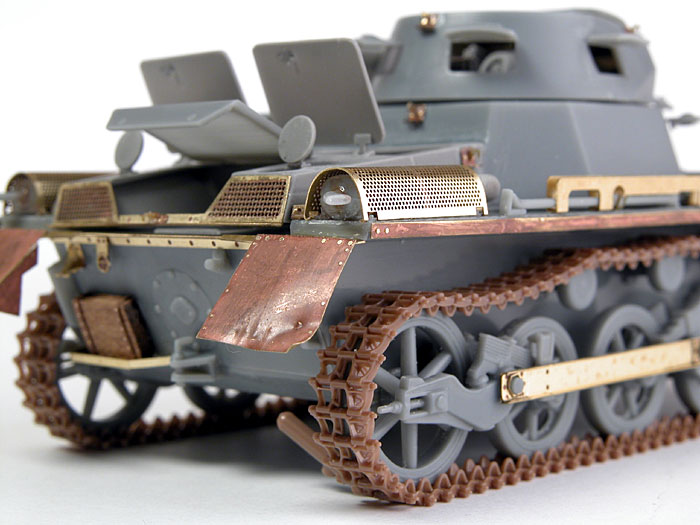
Panzer I Ausf A Interior Review by Steve Palffy (Tristar 1/35)
Are there any interior lights for the Panzer 1? I ask this because I got the new Tristar Pz.1 interior set and would like to make a Panzer 1 showing the innards.

Interior of German Panzer 1 Turret, which is tiny Flickr
34 Comments Contents: General conception Panzer I Ausf.F Panzer I Ausf.F specifications Gallery Panzer I Ausf.C Video German Reich (1934) Light Tank - 1,493 Built General conception After Hitler's victory in the 1933 elections, Germany started rearming and expanding its army.
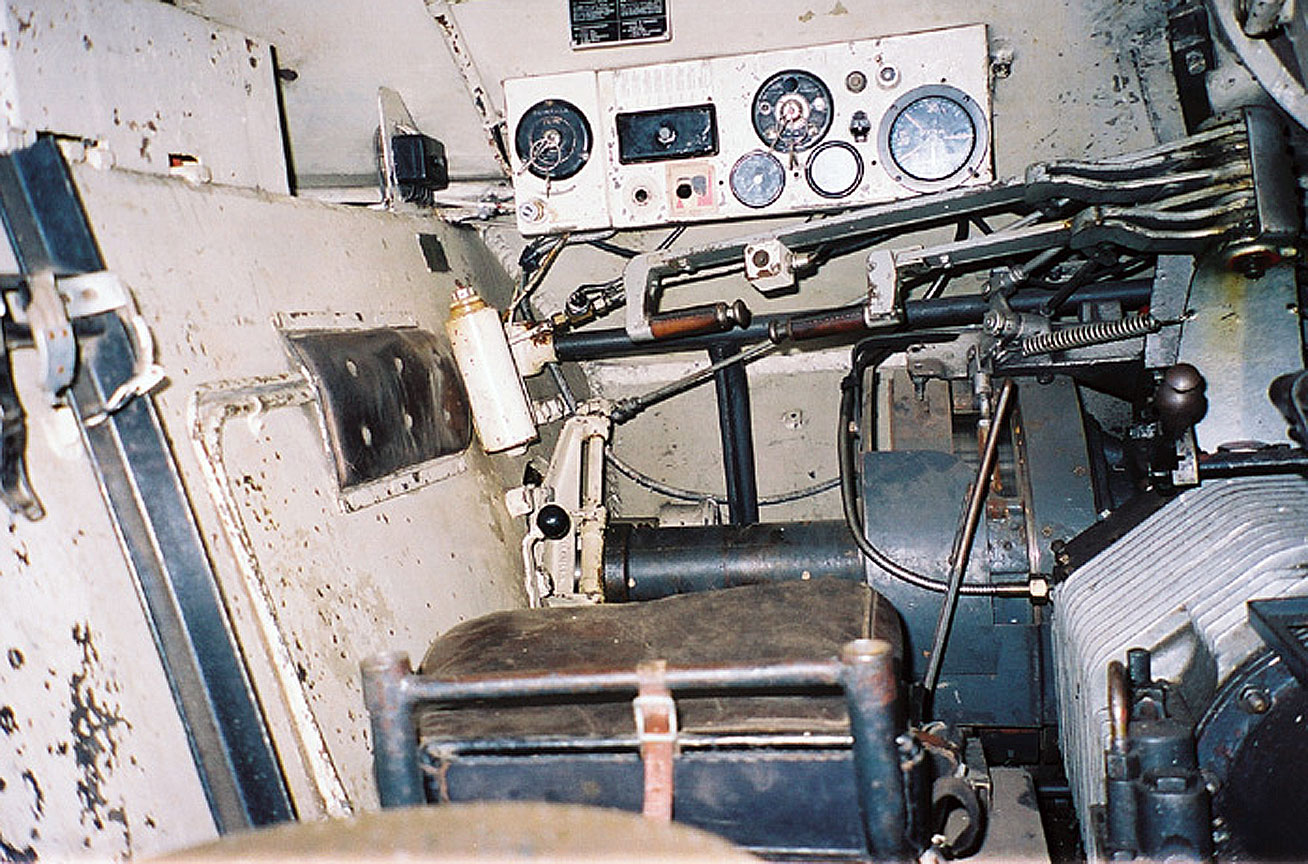
Hetzer tank interior, driving position
Full Interior set to detail the Takom Panzer 1 A/B kits. Contains the Turret seat, weapons, traverse and elevation systems, ammunition stowage and gun sight as well as assorted brackets and handles. Full instructions included. NOTE the complex design of the interior fittings makes this set only suitable for the experienced modeller. 3D Print Set
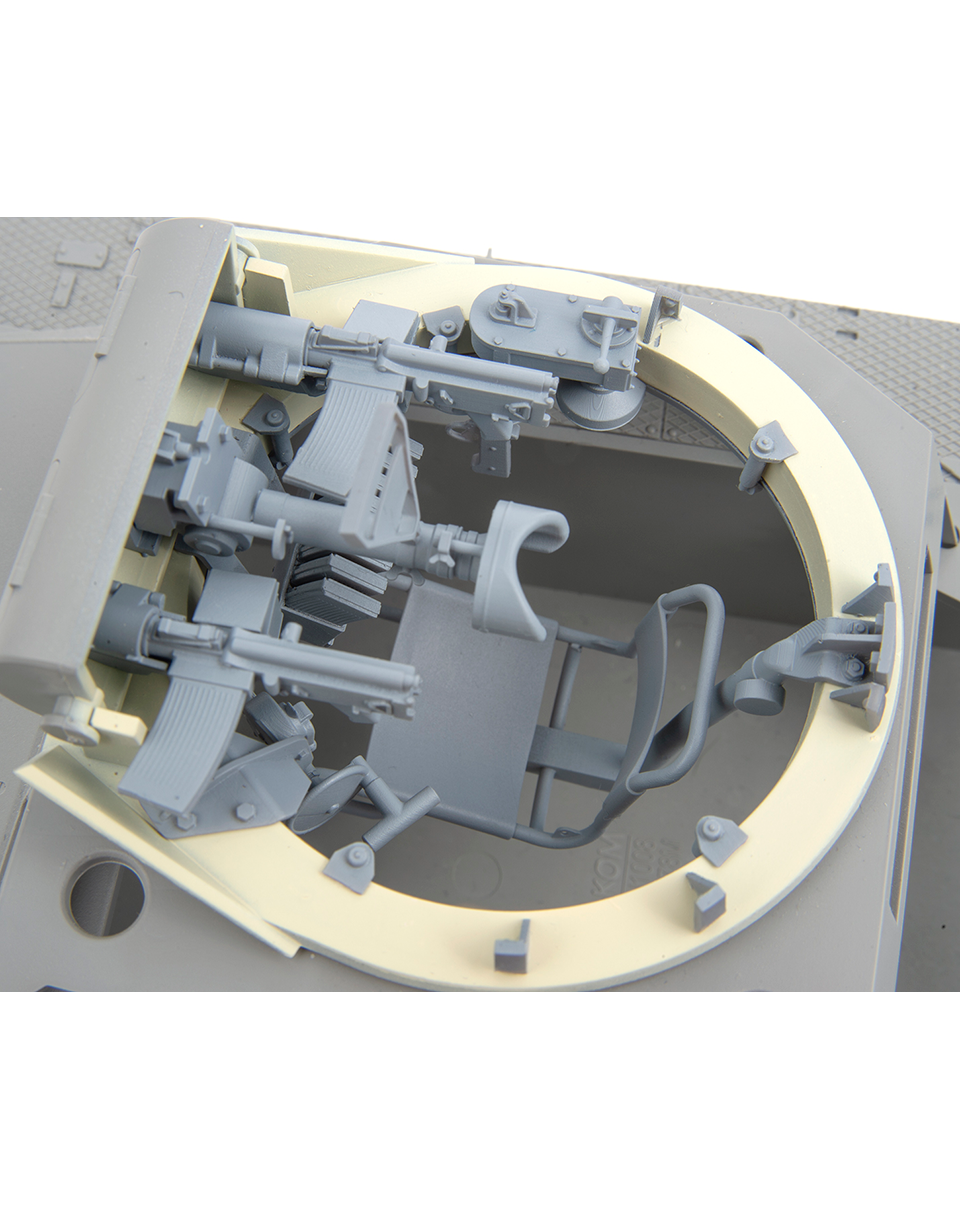
116 Panzer 1 Turret Interior (AFV16001) AFV modeller
The 28-ton British Mark I, a typical rhomboidal-shaped two-tracked tank, armed with 2 x 57mm cannons on side sponsons and five machine guns scattered about the design, was featured in the key Battle of the Somme - the Allied attempt to break through the stubborn German defenses on September 15th, 1916.

116 Panzer 1 Turret Interior (AFV16001) AFV modeller
Inside the Chieftain's Hatch: Panzer I, Pt 1. The Chieftain 265K subscribers Subscribe 187K views 3 years ago Courtesy of World of Tanks, we are back with the music! (I know, it's.
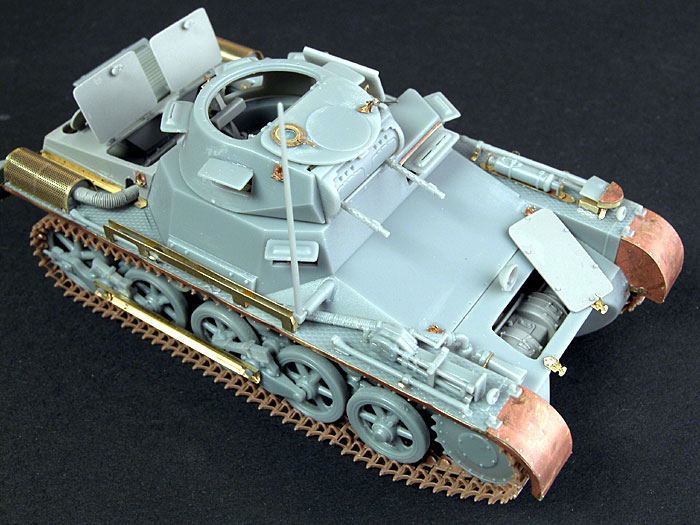
Panzer I Ausf A Interior Review by Steve Palffy (Tristar 1/35)
Introduction: Following the Panzer IA Early production (kit #6289), Dragon have now released this "Modified" version of the Panzer IA and I can only assume the "Modified " part refers to the first kit as no actual Panzer I variant carried that designation. The kit also includes the interior parts from the recent Flakpanzer IA (kit #6220) plus additional interior parts for the gun tank.
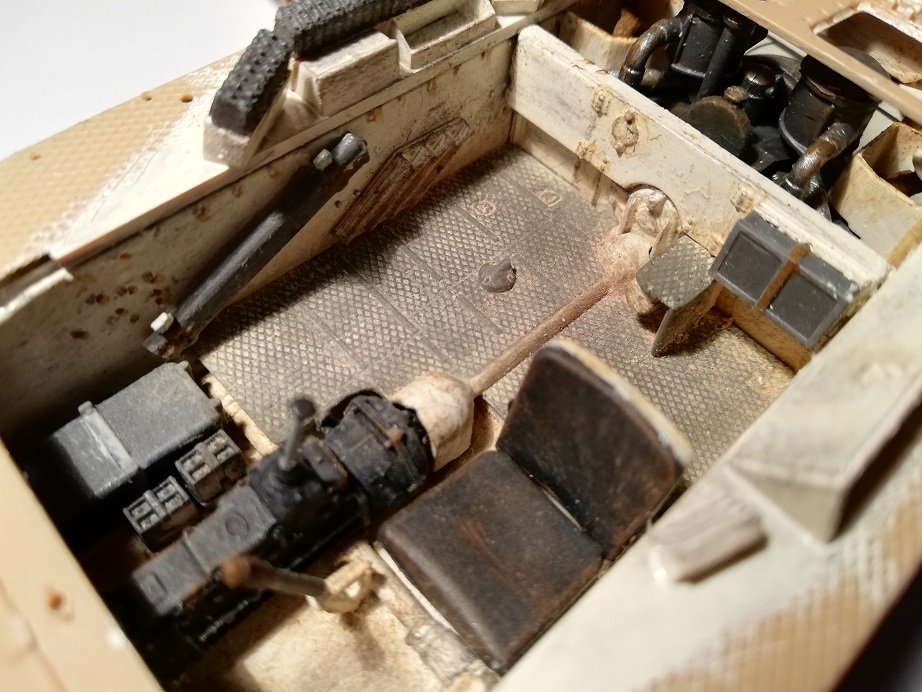
Panzer 1 A / full interior / Hobby Boss [M]Warsztat Modelarstwo plastikowe Modelwork
Contents: Context: Development of a Light Armored Machine Gun Tank Name Production Design Hull and Superstructure Turret Suspension and Transmission Engine Armor Armament Crew Camouflage Organization and Doctrine Divisional Insignias and Emblems Operational Service The Panzer I Ausf.A between 1936 and 1938 The Invasion of Poland - 1939

Panzer I Ausf.A in Chinese Service
The Ausf A ohne Aufbau was a Panzer I hull without any superstructure or turret. The interior was completely open. The vehicle was crewed by a student driver and instructor, with room for three student observers behind them. The suspension and hull were identical to the Ausf A, but total weight was reduced to 3.5 tons and height to 1.15 m.
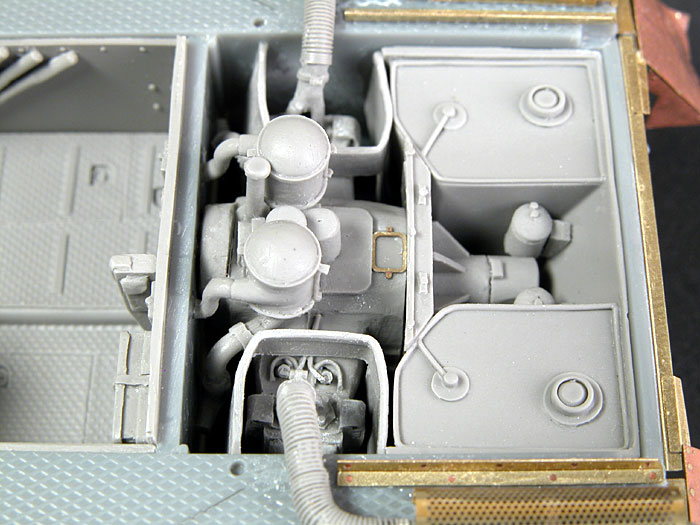
Panzer I Ausf A Interior Review by Steve Palffy (Tristar 1/35)
Interior detail set for Takom Panzer 1 B kit. 3D printed and resin cast parts to detail the fighting compartment. NOTE the complex design of the interior fittings makes this set only suitable for the experienced modeller. 3D Print Set 1 in stock Add to cart Related products £ 65.00 16121 1:16 MG 34 Armoured Sleeve - Generic Vehicle Set £ 8.00
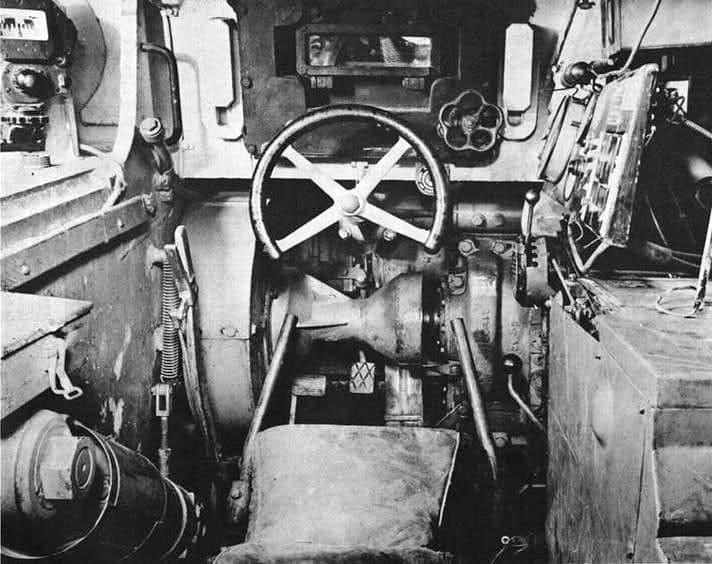
Inside a German Tiger 1 tank, driver and gunner seats WW2 HistoryBook
Camera in Panzer I. Panzer I ( Panzerkampfwagen I, PzKpfw I, SdKfz 101) was a light tank produced in Germany in the 1930s. Panzer I made up a core of the Wehrmacht armoured divisions fleet during invasion on Poland in September 1939 and during West campaign in 1940. Germany also used Panzer I in the Balkans, North Africa (Deutsches Afrika Korps.

Panzer I Ausf A Interior Review by Steve Palffy (Tristar 1/35)
The Panzerkampfwagen I (PzKpfW I) was a light tank produced in Germany in the 1930s. The Panzer I was built in several variants and was the basis for a number of variants listed below. Designations Panzerkampfwagen I Ausf.A ohne Aufbau Krupp Traktor LaS (LaS - Landwirtschaftlicher Schlepper) English: Agricultural tractor Tracked training vehicles.
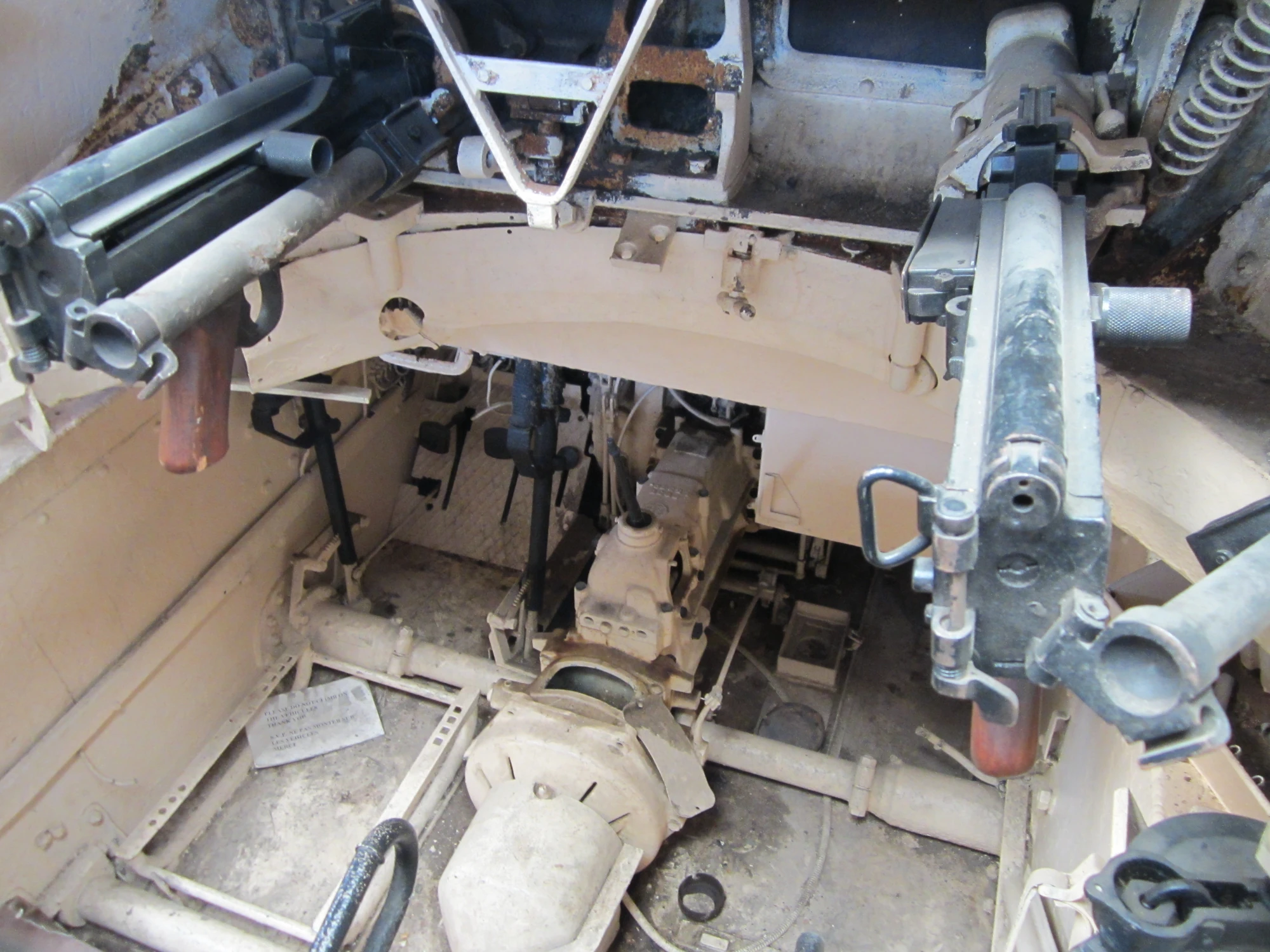
Image Panzer I Interior.jpg World War II Wiki FANDOM powered by Wikia
The Panzer I Ausf.C was a German light tank prototype that was part of the VK series of tanks. Initially developed by Ernst Kniepkamp, before Krauss-Maffei took over, the Panzer I Ausf.C was based on the concept of a fast and maneuverable light tank that could outperform all other tanks in terms of speed.
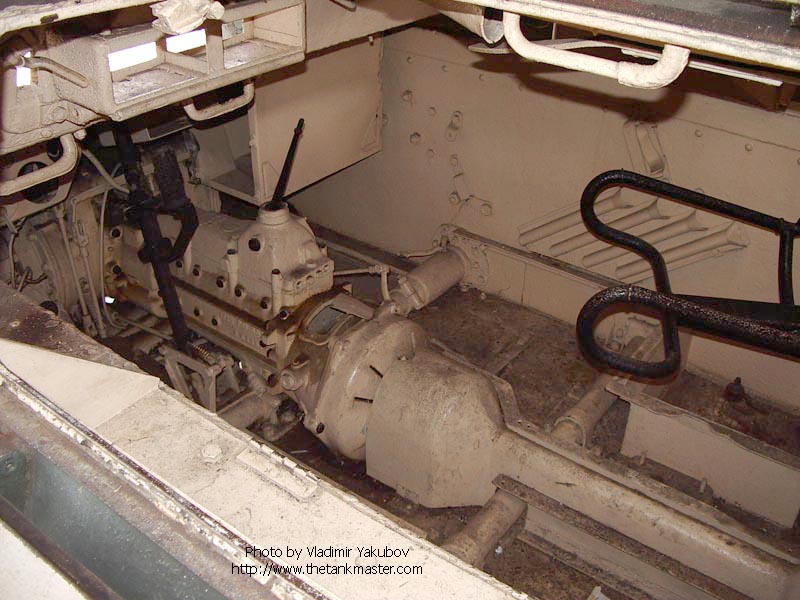
Panzer I Ausf A SdKfz 101 Munster Le monde de la maquette
The Pz.Kpfw.III was a 20-ton class medium tank that was the main force of the German tank corps until the middle of World War II. The J-type is a model that was produced alongside the temporarily improved H-type, and its body was a completely new design. Production of the J-type started in March 1941; it was initially equipped with a 42-caliber 5cm tank gun KwK, but from December 1941, a new.

Pin on Pallet wood
The Panzer I Ausf.A and B were introduced as the first real German serially-produced tank in 1935. Even though it was obsolete by 1939, it still saw service throughout the war. After 1941, these were retired from service as combat tanks, but their chassis were reused for other purposes, mostly as training or ammunition supply roles.

Interior details inside a restored Tiger 1 ドイツ戦車, 戦車, ドイツ
German Reich (1936-1941) Light Tank - 399 Built + 147 Converted. The Panzer I Ausf.B can be seen as a direct improvement to its predecessor, the Ausf.A, featuring a water-cooled engine, an upgraded suspension, and a modified rear.The Ausf.Bs shared a similar fate and combat history as the Ausf.A, seeing service in Spain, Poland, France, and lastly, the USSR, where their participation in.